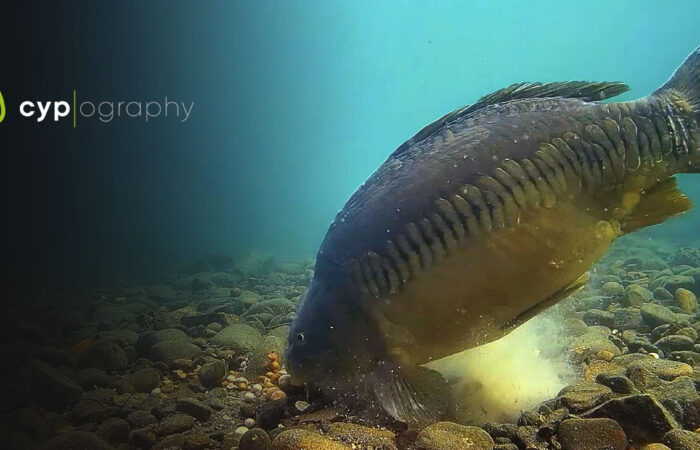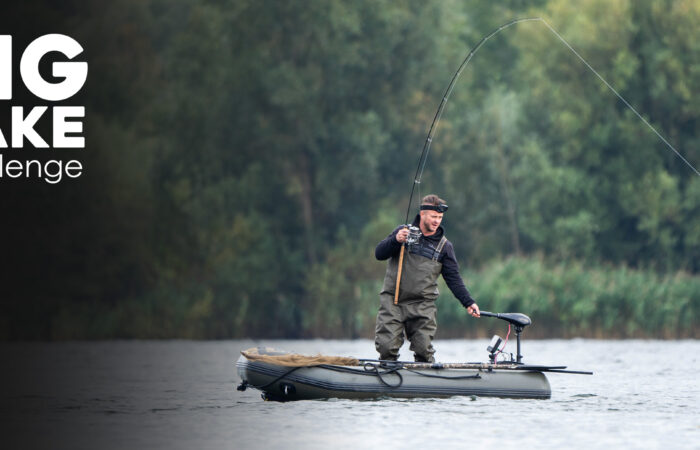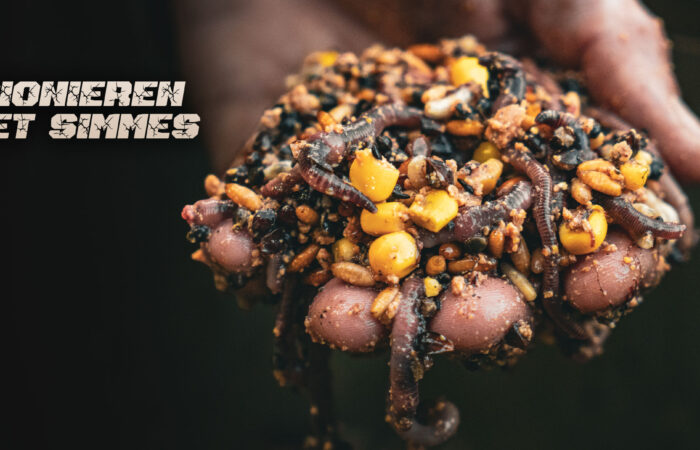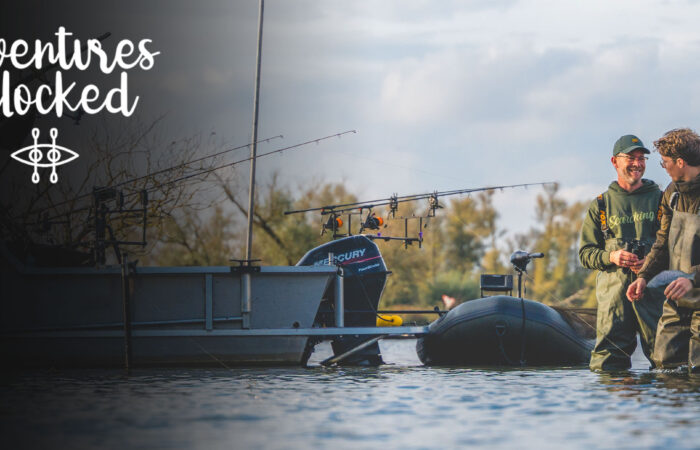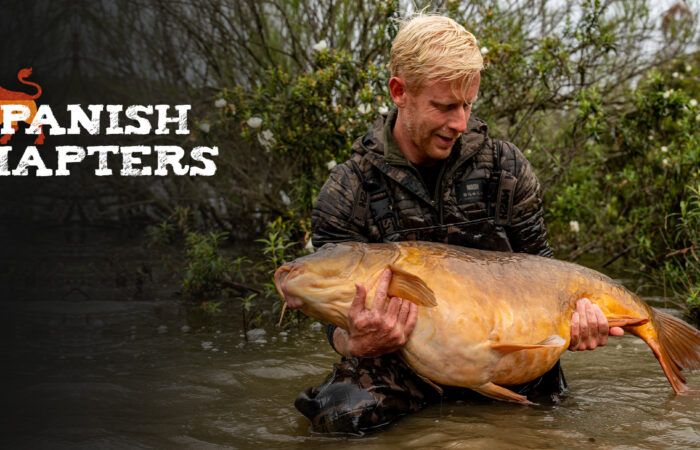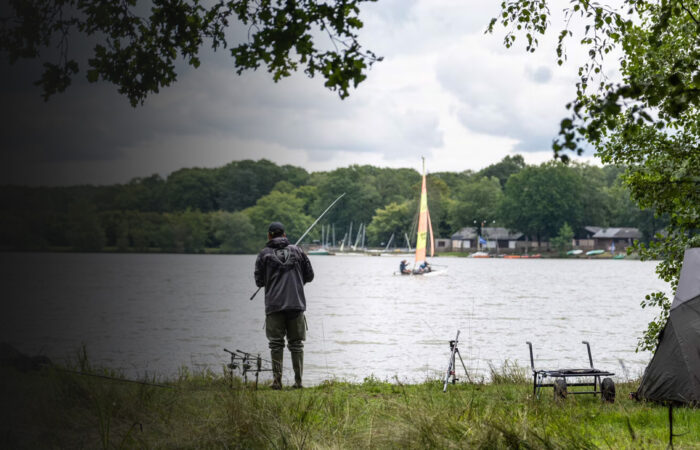Vn:
<!-- BBCode auto-link start --><a href="http://www.independent.co.uk/story.jsp?story=369291" target="_blank" class=bericht>http://www.independent.co.uk/story.jsp?story=369291</a><!-- BBCode auto-link end -->
Fingered: fish smugglers who threaten future of British angling
By Paul Peachey
15 January 2003
The inspectors were sitting and waiting late at night when the lorry pulled away from the freight shuttle on the English side of the Channel Tunnel.
After the police escorted the lorry to a secure shed, the team threw open the doors and found what they were looking for. It was not drugs, cigarettes or alcohol, but six tanks holding 262 highly prized but diseased carp. The two men, who were bringing in the fish to satisfy the burgeoning demand from anglers for the freshwater giant, had been taking turns at the wheel. They did not even bother to argue with the inspectors.
Mark Dallas, 37, an Essex fish dealer, now faces the prospect of becoming the first man to be jailed for what is a lucrative, though largely ignored, smuggling racket.
The consignment – Britain's largest seizure of smuggled live fish – represented a great success for a tiny specialist team of inspectors, but the industry believes the illicit trade is huge. Insiders claim there are now at least five organised groups in operation.
One pair, based in the Midlands, are well-known within angling circles for running a highly sophisticated network from France and Belgium that nets them up to £1m a year.
They pay an overseer who takes a team of anglers abroad and pays them expenses and commission for every big fish they catch. They are then hidden and brought back in horrific conditions. Some are wrapped in wet sacks, others have been crammed into a bath beneath a weighted lid and hidden in the back of a hire van underneath fishing gear. Others are mixed with legitimately imported fish to confuse customs officers.
The scale of the trade has meant that one ton of large carp was stolen each week in France during the summer of 1999, much of it finding its way to Britain. The rewards for the smugglers can be immense, with little prospect of stiff sentences in the unlikely event of being caught.
The maximum sentence of two years, rarely imposed, has previously failed to deter a smuggling boom, fuelled by the explosive rise in the popularity of carp fishing. An estimated 100,000 devoted anglers, dedicated to catching the country's biggest freshwater fish, spend millions of pounds a year on equipment and permits.
In turn, the pastime has increased demand for the much bigger and cheaper carp on the Continent to fill ponds and lakes here. The fear is that long-established strains of the species are at risk of being wiped out because of disease brought in with the overseas intruders.
Stocks of healthy fish that have lived for years have disappeared, with British ecologists witnessing a worrying rise in disease and reports of dead fish. A large number of dead fish were believed to have been dumped by smugglers in the river Nene in Northamptonshire, in 2001 after dying in transit.
Inspectors traced the fish back to Chantecoq lake in central France, where hundreds of large fish are believed to have been plucked from the waters by thieves.
The consignment of 1.8 tons of carp stopped by the inspectors in April last year at the Channel Tunnel terminal was found to have been infected with a deadly virus from Moldova never before seen in Britain. Scientists believe that 85 per cent of healthy fish in an English lake could have been destroyed if the smuggled carp, infected with the spring viraemia of carp, a highly contagious disease widespread in continental Europe, were introduced. The disease causes internal haemorrhaging and also affects traditional freshwater species such as tench, rudd and roach.
The 262 carp were worth an estimated £85,000 in the inflated illicit British market but are likely to have been picked up for less than £6,000 from a dealer in Belgium. One weighing 21kg (46lb) is thought to be among Britain's biggest smuggled fish and on its own could have been sold on for at least £5,000. The fish, believed to have come originally from Moldova, were later destroyed.
Dallas, 37, who runs Premier Fish Supplies in Battlesbridge, Essex, has previous convictions for fish smuggling going back a decade. He and an employee, Lee Coles, 29, of Chelmsford, Essex, are due to be sentenced later this month after admitted illegally importing live fish.
Most large smuggled fish are stolen to order, with calls taken from unlicensed small fisheries that can charge anglers up to £40 a day if they have ponds filled with the biggest specimens. While carp are the most popular fish for the smuggler, catfish, sturgeon, zander and ornamental koi carp are also regularly brought in.
France, Belgium and Holland are the normal destinations for the teams but fish have also been imported illegally from Poland and Hungary.
Eastern European fish farmers who used to produce carp in huge quantities for eating in their own countries have recognised that their stock can command much higher prices in Western Europe.
Carp, which live for 30-50 years, grow very slowly, tempting criminals to speed the process through theft and illegal deals. Some sell them on to fisheries, others merely dig ponds, fill them with fish and then charge £500 for a season's permit to make a quick profit. Legitimate businesses have had to increase security at their own lakes to prevent rustlers from stealing their own large fish, carefully nurtured for years.
Stephen Maidment, Britain's only fish smuggling investigator, works for the Centre of Environment Fisheries and Aquaculture Science (Cefas) an agency of the Department for Environment, Food and Rural Affairs, which was behind April's seizure. He said the organisation was trying to establish the scale of the trade.
He said smuggling live fish into Britain was relatively easy for individual anglers, paid well for their troubles, and organised gangs.
"This trade is conducted with total disregard as to its possible longer-term ecological and environmental effects," he said. "I suspect there are a fair number of anglers who go to the Continent angling and are telephoned by people who want to buy fish if they have caught any and they are brought back in the back of a car."
There is already a steady trail of British anglers heading abroad in the hope of catching fish bigger than Britain's 28kg record catch landed in Ashford, Kent, last summer.
Mr Maidment said he believed the problem was slowly reducing as courts began to take it seriously. But key players in the angling industry said yesterday that convicted smugglers represented a tiny fraction of an illicit industry potentially worth millions of pounds.
Four people have been convicted since May 2000 but the maximum penalty available is £30,000 in fines and costs. The industry says that Cefas inspectors have too little money and resources to deal with the problem.
Chris Logsdon, a fisheries and environmental manager for Mid Kent Water company, said the problem was massive. "Customs are more interested in catching drug and cigarette smugglers. I have heard about one consignment that arrived in Dover that was sent back to France but then went to Le Havre, coming back through Portsmouth."
Ian Chillcott, the chairman of the English Carp Heritage Organisation, called for tougher sentencing of convicted smugglers. "They don't care about the anglers and care even less about the fish," he said.
Most wanted - the species in demand
Carp
The catch of choice for British anglers. The carp is the biggest freshwater fish in the UK and is usually smuggled into Britain from France, Belgium and Holland, but has also been traced back to Eastern Europe.
Catfish
A fish with the potential to grow much larger than carp, as it does in continental Europe. Official British angling records no longer recognise the catfish because of the high level of smuggling from abroad.
Zancer
Also known as pike-perch, the species is believed to have been mistakenly introduced to the Norfolk Broads in the late 1960s in a consignment of roach that was intended to stock the area. They were culled but were then moved around different waters in Britain. Their attraction is largely down to their attractive, if vicious, appearance.
Sturgeon
The distinctive scale pattern makes it a popular companion for koi carp in many garden ponds. An obviously alien species, few fisheries take the risk of stocking it.
Roach
With the rise in popularity of the carp, fish such as the roach were moved from fisheries to make way for the newer fashion in angling. The roach would then be sold on, making supply levels high and smuggling levels low.
Bream
Like the roach, it has been pushed out by the rise of the carp. However, it can grow to great sizes in continental waters, but the smuggling problems with the bream are thought to be in decline. Like the other fish, it is found in large parts of Europe.
16 January 2003 00:34
Search this site:
Printable Story
En stelen maar... Even ter info
-
Johan Scheepers
- Berichten: 471
- Lid geworden op: 25-06-2002 02:00
Dood en DOOD zonde van de vis,
_________________
Huisregels Forum
Topics waar informatie gevraagd wordt over betaalwateren. De beheerders van het Carpboard staan zeer kritisch tegenover betaalwateren en willen op geen enkele manier bijdragen aan het succes van deze wateren. Voor informatie kunt u terecht bij de organisatie waar u geboekt heeft.
<font size=-1>[ Dit Bericht is bewerkt door: Johan Scheepers op 2003-01-16 01:10 ]</font>
_________________
Huisregels Forum
Topics waar informatie gevraagd wordt over betaalwateren. De beheerders van het Carpboard staan zeer kritisch tegenover betaalwateren en willen op geen enkele manier bijdragen aan het succes van deze wateren. Voor informatie kunt u terecht bij de organisatie waar u geboekt heeft.
<font size=-1>[ Dit Bericht is bewerkt door: Johan Scheepers op 2003-01-16 01:10 ]</font>

